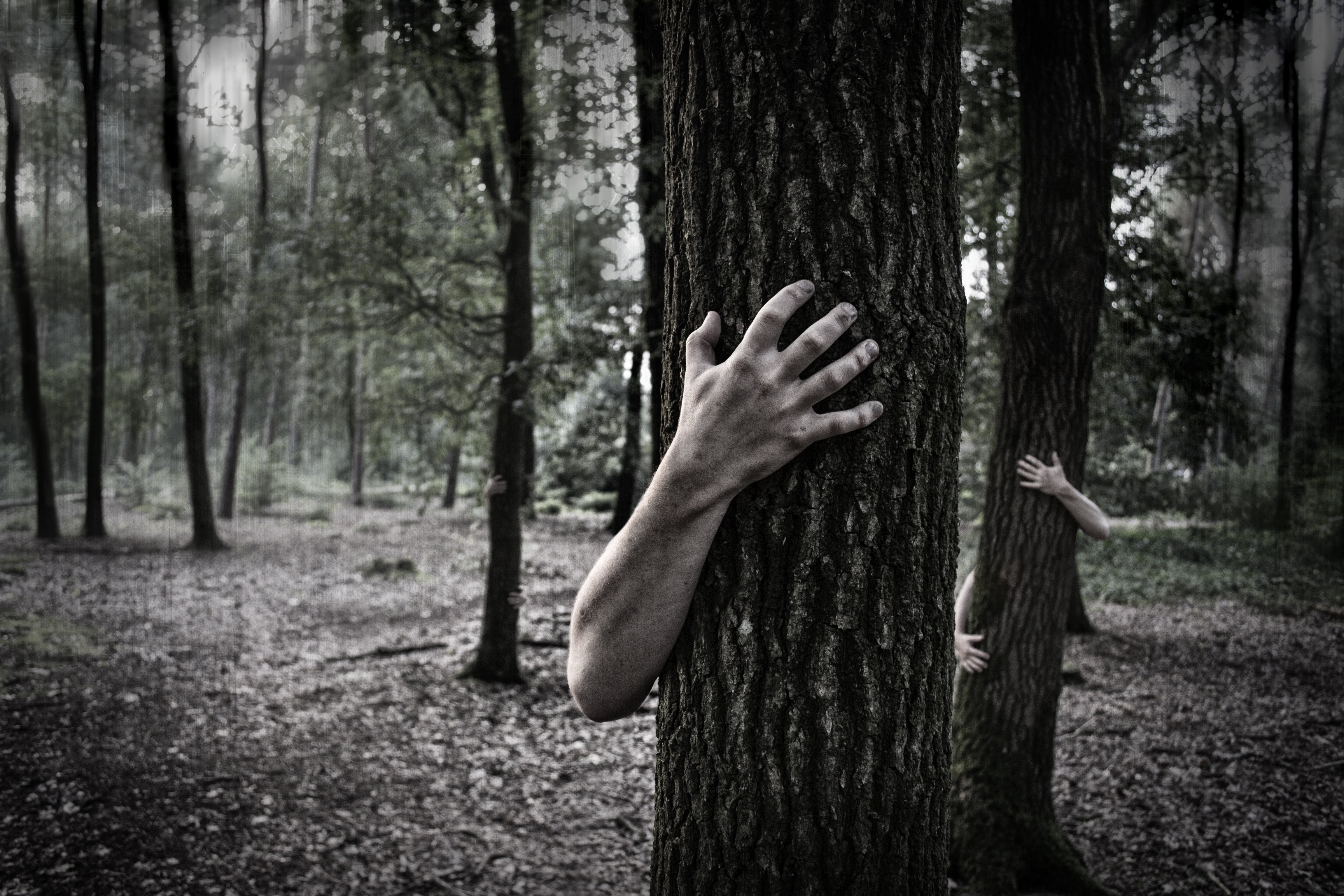“You can never get enough of what you don’t really need to make you happy.”
(Eric Hoffer; longshoreman, philosopher)
I’ve felt it. You’ve felt it; that compulsion to eat more, drink more, buy more, acquire more, make more money, set our sights on bigger ticket items. There’s nothing inherently wrong with wanting to drive a car we like or liking what we put on our backs or aiming to make enough money to live in a place we really enjoy. The problem comes with the meaning we make of all this stuff. And what we hope our stuff means about us.
We all have the same basic need for safety, clean water, food, and shelter. And we all have the same need for love, joy, belonging, freedom, and a sense of purpose. While these are more secondary needs, they’re still pretty basic to our life’s happiness. Once our most basic needs are met, we have the capacity to focus on our secondary needs.
Many of us run into trouble here. It’s easy to see how it happens. Love, joy, belonging, freedom, purpose- all of these things can seem so elusive. What does any of it even mean? And how do we… get ourselves to feel any of it, to be any of it?
We want to feel confidence in ourselves, in our abilities, so we buy expensive jeans or bags or shoes. They make us look the part. It gives us the shot in the arm we’re looking for, so we do it again. We want to feel loved, that we belong so, we use the buzzwords, buy the luxury cars, and redecorate the house. We send our kids to the schools and preschools we think they should go to so that they can belong, too. Some of us aim to buy yachts and become billionaires. Some of us aim to have the “perfect beach body.”
Again, there is nothing inherently wrong with wanting our children to attend good schools or aspiring to see how our bodies could look and feel at maximum fitness or wanting to buy that pair of jeans because we know just how glorious our butts look in them. The problem lies in the meaning we make; that if we can swing this stuff it means we’re lovable, joyful, free, we belong, and that we have purpose.
We end up buying a lifestyle and never really living our lives. We keep searching for ways to meet our needs, so we look for more- more clothes, more treats, a bigger house, a fancier car, more vacations. We feel lost, so we get more. We feel more lost than ever so we turn up our acquisitions frequency all the way up and, you guessed it, get even more stuff.
Those of us who have grown up in or experienced deprivation of basic and secondary needs at some point probably feel even more confusion as we try to navigate our relationships with these symbols. To some of us, it might even have felt like acquiring the next thing, the best thing, more things was a matter of survival.
It won’t shut itself off over night. It won’t shut itself off at all. We have to be the ones to turn the dial back down. It’s a slow and often painful process. But the alternative is profoundly more painful.
I recommend starting at square one. Just notice. Notice when you feel the urge to acquire something or more of something. You won’t always notice right away. That’s ok. Keep plugging away at it.
Then stop. Don’t buy it, eat it, drink it, whatever. Just stop.
Ask yourself:
Do I need it?
How will this enrich my life?
Is buying (eating, drinking, ingesting, acquiring, keeping) this item in direct integrity with my values?
The more we ask ourselves these questions, the more thoughtful we allow ourselves to be about the way we live our lives. We can start to make the critical shift from collecting society’s symbols of love, joy, belonging, purpose, and freedom to actually experiencing these things firsthand. We can live deliberate lives.
Love and Be Loved,
Natalie

